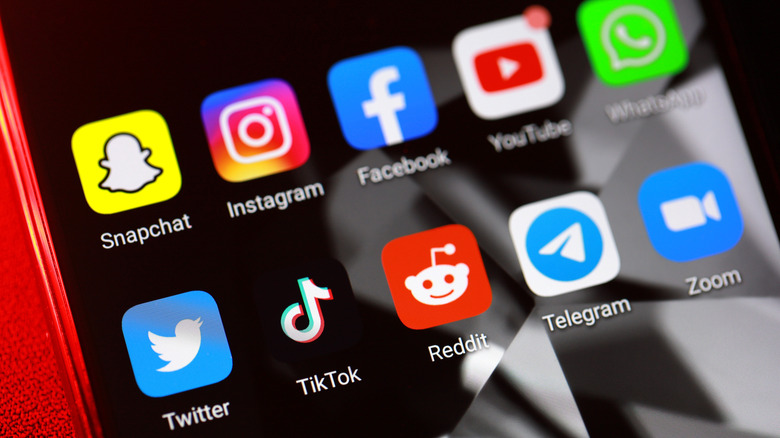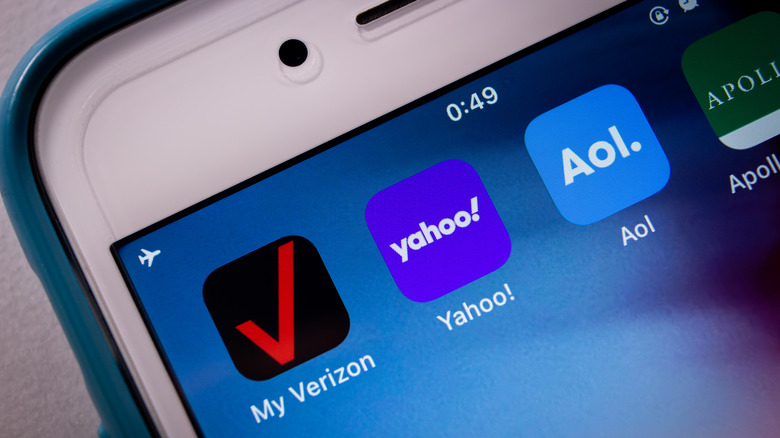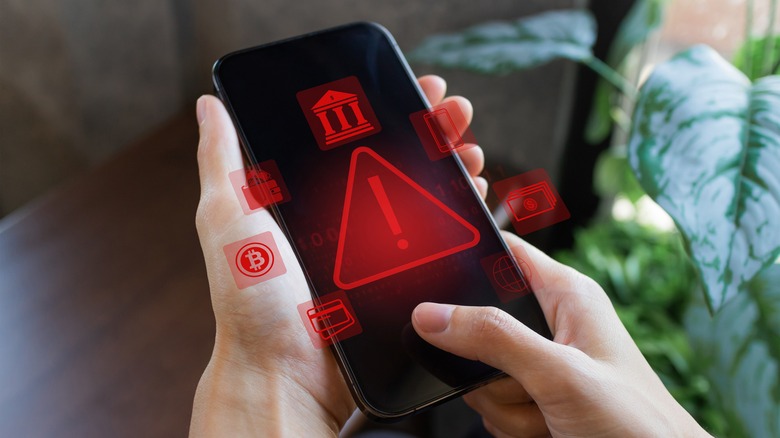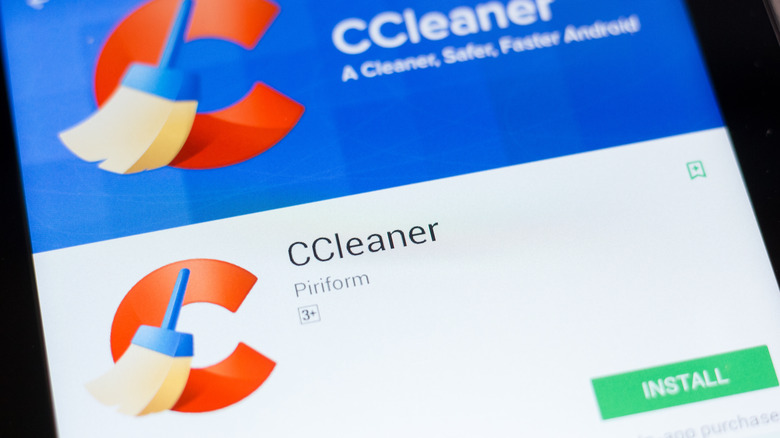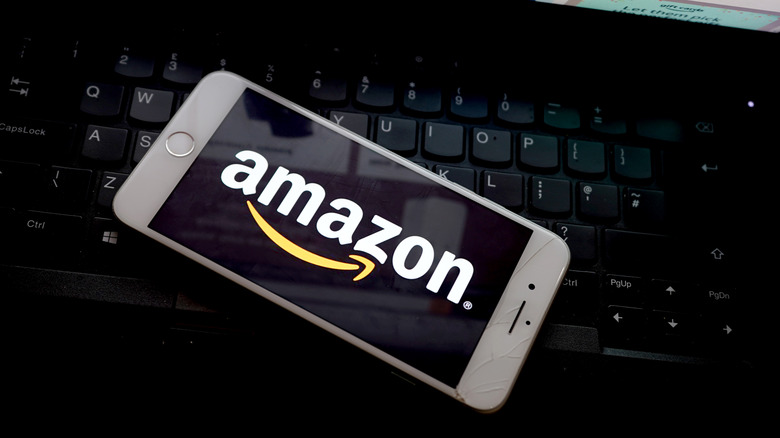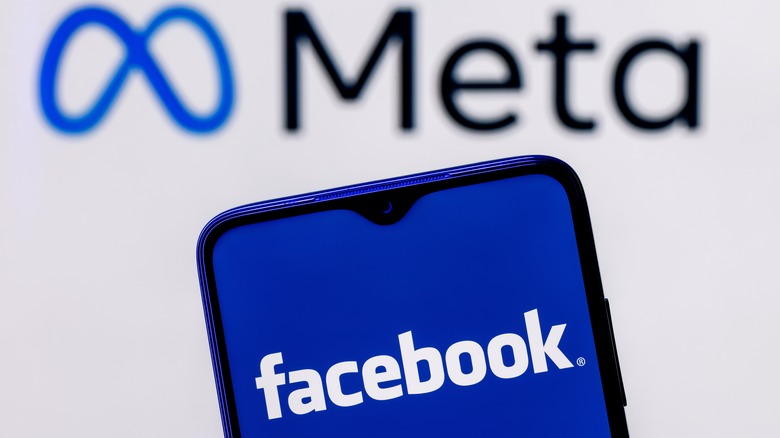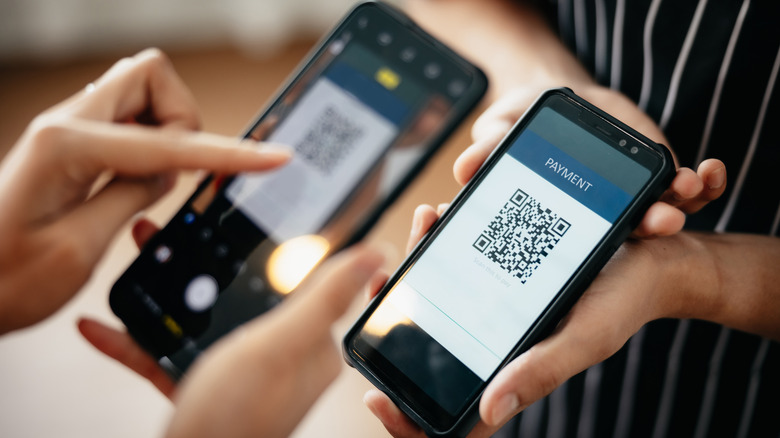10 Apps Every Android User Should Consider Uninstalling
One of the best ways that smartphone users can enhance their digital experience is by performing regular maintenance on their phones to ensure optimal performance. Unwanted, underused, and unneeded apps can have a negative effect on factors such as productivity, entertainment, or communication. With the abundance of apps available on the Google Play Store, an Android phone can become oversaturated with apps very quickly. As a result, it can be easy to overlook the impact that certain apps have on the overall security of Android devices beyond performance.
Some applications are indispensable and crucial to the Android experience. Android users surely won't be deleting key apps such as Messages and Camera. You'll also likely want to keep any entertainment apps tailored to the your likes and interests. Additionally, other semi-essential apps like ridesharing apps, financial apps, and widgets such as the clock, calculator, and calendar should also be safe from deletion in nearly every case.
However, not all apps are essential. Any app that threatens phone security, has limited use, or takes an extreme toll on the phone's battery could be a candidate for deletion. Ultimately, it is up to the consumer to deem what apps are and are not essential, but we can help point you in the right direction. Here are 10 applications every Android user should consider uninstalling.
Bloatware apps
The term bloatware may seem synonymous with PCs, but it can apply to other devices, including many Android devices that could have one of several different manufacturers.
On a phone, bloatware refers to apps that come pre-loaded on a device and have unnecessary or limited usefulness to most users. Rather than optimizing a device, most bloatware apps simply collect dust on internal storage and are great candidates for deletion. Depending on the manufacturer, the amount and prevalence of bloatware can vary, as well as how the apps are labeled. Generally speaking, these types of apps may include but are not limited to trial versions of paid software, manufacturer-branded apps, and carrier-specific apps.
While some manufacturers, such as Google and ASUS have started offering clean or stock Android versions of their devices that come with few to no pre-installed apps, the onus is generally on the consumer to locate and delete the pre-installed apps they don't need. The best way to do this might be to look up the make and model of your Android phone, as there are several great resources on the internet that correctly identify necessary and unnecessary Android apps out of the box.
Antivirus apps
Smartphones, like PCs, are susceptible to viruses, though that does not mean antivirus apps are essential to the Android experience. In fact, it is often a good idea for users to remove antivirus apps from their phones since most Android devices use Google Play Protect, a feature that regularly scans the device for viruses and malware. This utility automatically runs a safety check on apps from the Google Play Store before downloading them and checks devices for potentially harmful apps from other sources. Generally speaking, as long as apps are being installed by the Google Play Store and not by external means, the risk of encountering viruses and malware on an Android smartphone is low.
Antivirus apps can also do what Google Play Protect achieves but might be superfluous for the common Android user who sticks to the Google Play Store. Some of these apps can be resource-intensive and may consume significant amounts of battery life and processing power. Moreover, not all antivirus apps are reliable and may work differently depending on how optimized the app is for the current version of your smartphone.
These apps can also cause privacy concerns, as less reputable vendors are more likely to misuse or ignore granted permissions, which could lead to personal data being disclosed. As long as safe browsing habits are being practiced and caution is being exhibited when (and if) third-party apps come into play, it is safe to uninstall antivirus apps from companies such as Norton and McAfee.
Flashlight
Ever since cameras became part and parcel of the Android smartphone experience, it has always been possible to use the phone's flash to create a pocket flashlight handy for almost any impromptu situation. Previously, Android users needed to download a third-party app to make use of the flashlight, but this is no longer the case. These days, many modern Android devices have a built-in flashlight feature integrated into the operating system. As a result, users can now access the flashlight directly from the notification panel. For many, using the flashlight is as simple as toggling it on the panel, and therefore, third-party apps are no longer needed.
A flashlight app may not take up any kind of significant space on a phone's internal storage, but users with an integrated flashlight will want to delete any flashlight apps that carried over to their new phone to avoid clutter. Those with an older Android device may still need a flashlight app in order to access their phone's flash. In those cases, there continue to be third-party apps available for download from the Google Play Store.
However, as long as an Android device already has a built-in flashlight function, there is no need to install an additional app for this purpose.
Default browser
Mac and PC users always have a go-to browser, and the same can be said for smartphone users, though perhaps on an even larger scale. However, those with a computer typically only have one browser installed on their device, as there is little reason to have more than one. The same logic can be applied to smartphones, some users may install a browser like Google Chrome, Opera, or Firefox while retaining their manufacturer's browser. These default browsers are great candidates for deletion.
There are plenty of advantages to using a browser like Chrome over stock Android browsers. Third-party browsers allow for seamless synchronization of bookmarks, browsing history, passwords, and open tabs across multiple devices. So long as users are signed in, their PC browsing preferences will carry over to their Android device. Third-party browsers are also updated more frequently with new features and patches to improve performance while also allowing for plug-ins and extensions to provide users with further utility.
While there is little benefit to a phone's storage or battery to delete the manufacturer browser from an Android phone, keeping multiple browsers installed could prove confusing, as search history and cookies do not transfer between browsers. It will also lend to users keeping a tidier phone, a good habit to practice regardless of what browser they prefer.
Clean-up apps
Similar to antivirus apps, clean-up apps are a great candidate for deletion on most Android phones. These apps are designed to work for the consumer, cleaning up junk files, optimizing device performance, and freeing up storage space. These apps are also great for clearing cache files, removing unused apps, deleting call logs, deleting browsing history, and managing app permissions. CCleaner is among the most popular of these apps with more than 100 million downloads on the Google Play Store. While apps like CCleaner may seem beneficial at a glance, they are no longer essential apps for most Android users.
Nowadays, most Android devices come loaded with several features that can mimic or replace what clean-up apps aim to accomplish. Moreover, there may be an added security risk associated with using a third-party clean-up app. In CCleaner's case, the app has faced past security issues, having been hacked in 2022 to distribute malware to unsuspecting users.
Deleting clean-up apps can also greatly improve battery performance, as such apps are designed to run in the background to best support the device while slowly but surely eating away at battery life. At this point, the risk of using apps like CCleaner on Android devices has begun to outweigh the reward, which can usually be accomplished through your Android device's native settings and tools.
Battery savers
Third-party battery savers are often superfluous by today's standards. Android devices come with built-in battery optimization, allowing users to effectively manage and potentially limit their power usage. As such, apps like AccuBattery can be deleted immediately to the ironic benefit of the phone's battery. Though battery saver apps claim to improve battery life by managing background processes and apps, most of these apps themselves run in the background of Android phones, flying in the face of the very thing they aim to accomplish.
Beyond these clear-cut reasons to delete battery saver apps, there are plenty of other reasons one might want to consider ridding their phones of these apps. Some battery saver apps include task killers that claim to terminate unnecessary background processes, though this can also lead to other necessary apps not functioning correctly or notifications not being delivered promptly.
Additionally, not all battery savers receive regular support and may not be optimized for the current version of Android. This will not be a problem for those who look to utilize their phone's native battery-saving capabilities. Moreover, there are plenty of actions Android users can take towards conserving battery life that do not require a dedicated battery saver. All smartphone users can try reducing screen brightness, disabling unnecessary notifications, and managing background applications manually to improve their battery's performance.
Amazon Shopping
The Amazon Shopping app is one that many Android users are familiar with. Most manufacturers' Android phones come pre-installed with Amazon, and the app has more than 500 million downloads from the Google Play Store regardless. The app allows Android users to seamlessly shop on Amazon.com with their smartphone and also provides handy push notifications to update users on the status of their packages. However, the app is not completely necessary given the ability for Android users to access Amazon from their phone's browse, which may even be preferable to some. It also has its fair share of drawbacks that could necessitate its deletion.
The Amazon Shopping app can also take up quite a bit of space on internal storage. The app's current version is 271 megabytes in size, significant for the utility it provides while its size is comparable to social media apps. Even if you are an Amazon Prime member, it may be better to use Amazon in your phone's browser. Amazon, like many other shopping apps, runs in the background by default, chewing away at battery life and processing power, so Android users will need to ask themselves if the ease of access is worth it.
Users whose Android phones came preloaded with the Amazon Shopping app may not be able to delete it. In this case, you can disable the app in Settings to prevent it from running in the background.
Facebook and Facebook Messenger
Similar to Amazon, Facebook and Facebook Messenger can both be accessed through the browser of an Android phone. However, the Facebook app is one of the most popular in the world with over five billion downloads to its name on the Google Play Store, and Android users need to be wary of this app of the litany of security controversies it has faced in the past.
A 2019 data breach exposed the data of approximately 533 million people, with the company choosing not to notify its user base. In March 2018, the company exposed data on 87 million users to the political consulting firm Cambridge Analytica with users' data being scraped specifically through the Facebook app. These are just two of several examples of Facebook's security woes through the years, and uninstalling the app can reduce the amount of data that Facebook collects.
The Facebook app itself is also over 500 megabytes and is another app that uses background permissions, therefore draining the battery of Android phones. Android users who prefer the ease of access of the Facebook app over its appearance in a browser like Chrome are also encouraged to give Facebook Lite, a stripped-down version of the base app, a try. This appears to be a viable alternative for many Android users, as it has over one billion downloads on the Google Play Store in its own right.
Snapchat
Snapchat shares a lot of bad habits with Facebook. It is a large app, even larger than Facebook with the current version hogging nearly 700 megabytes of internal storage. It is also an app that runs in the background and takes a toll on an Android phone's battery life due to how camera-intensive it is. It also shares a slew of privacy concerns with Facebook, but there is a level of irony with Snapchat considering the app's trademark feature is designed to protect the privacy of its users. A 2019 report revealed that Snapchat employees used a tool known as SnapLion to extract seemingly private user data for illegal and immoral purposes.
Concerns over privacy-related issues are not the only things Snapchat's app has in common with Facebook's. There is also a lite version designed to be a more streamlined and less resource-intensive experience, though Android users will not find this app on the Google Play Store. Instead, they will need to download the app from a third-party source, so users should be advised to proceed with caution when downloading.
The more practical thing to do might be to delete the app altogether. There are plenty of other apps that can meet the same functions as Snapchat, and if the app can't meet its primary purpose of protecting the privacy of its users, there might not be much of a point in having it on your Android device at all.
QR Code Scanner
Add the QR code scanner to the list of third-party Android apps that now have built-in functionality with the vast majority of devices. These days, users with modern Android devices can simply open their camera app, frame a QR code on their screen and tap the link associated with it to access information such as restaurant menus, forms, and RSVP links.
QR code scanners also fit the criteria of apps that run in the background and drain battery life, but even worse, there is also always a chance a QR Code Scanner app from a less reputable developer contains viruses and malware that could steal their data and potentially even wipe their phone clean. TeaBot, a banking Trojan known for targeting Android devices, found its way into an app called "QR Code & Barcode – Scanner" despite the app's developers claiming they submitted it to the Google Play Store without any malicious code.
Those who do still have a need for a QR code scanner should proceed carefully and stick to downloading from reputable publishers. However, since most smartphones have QR functionality built into the device, the easy thing to do would be to simply delete these types of apps.
